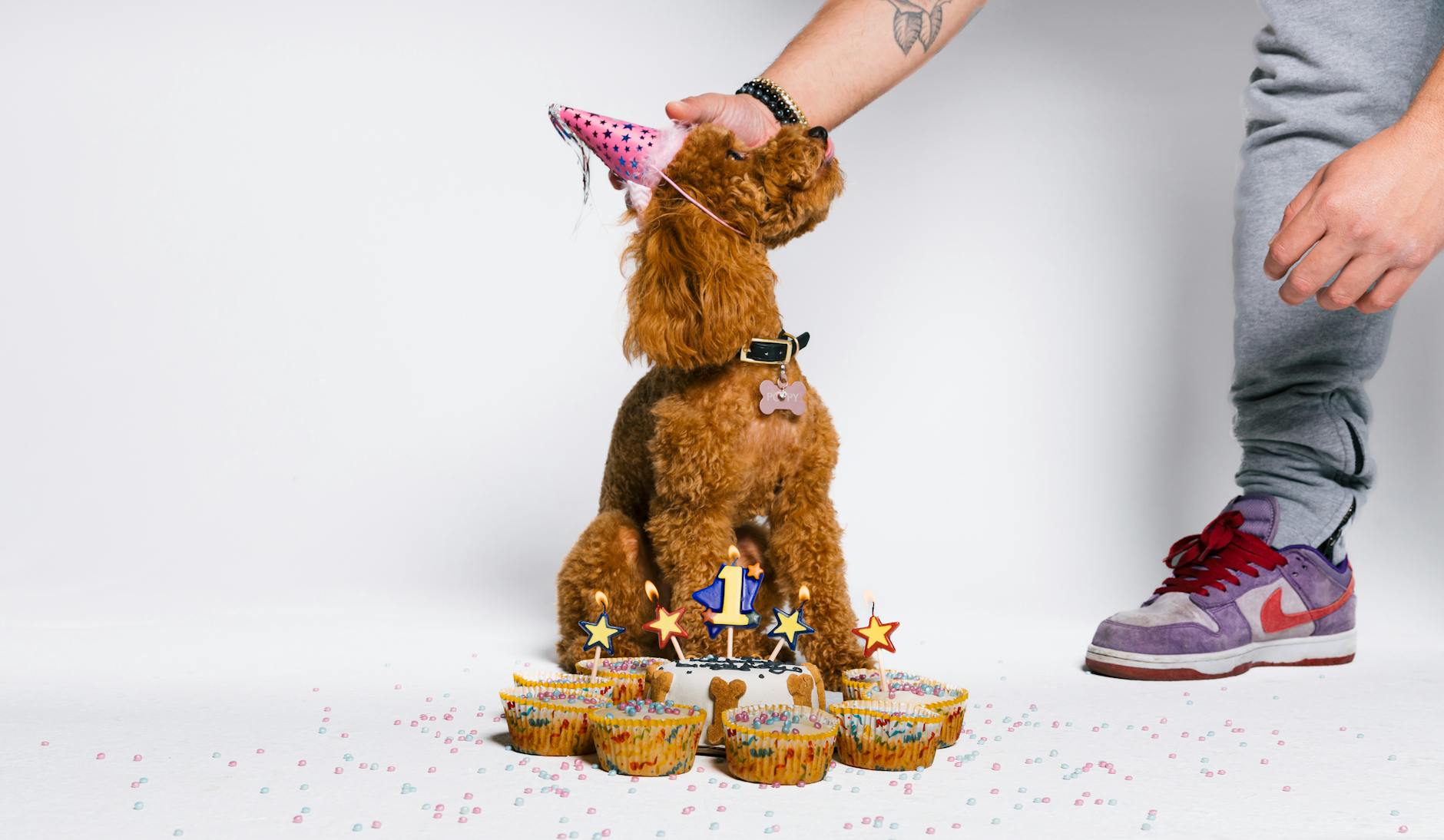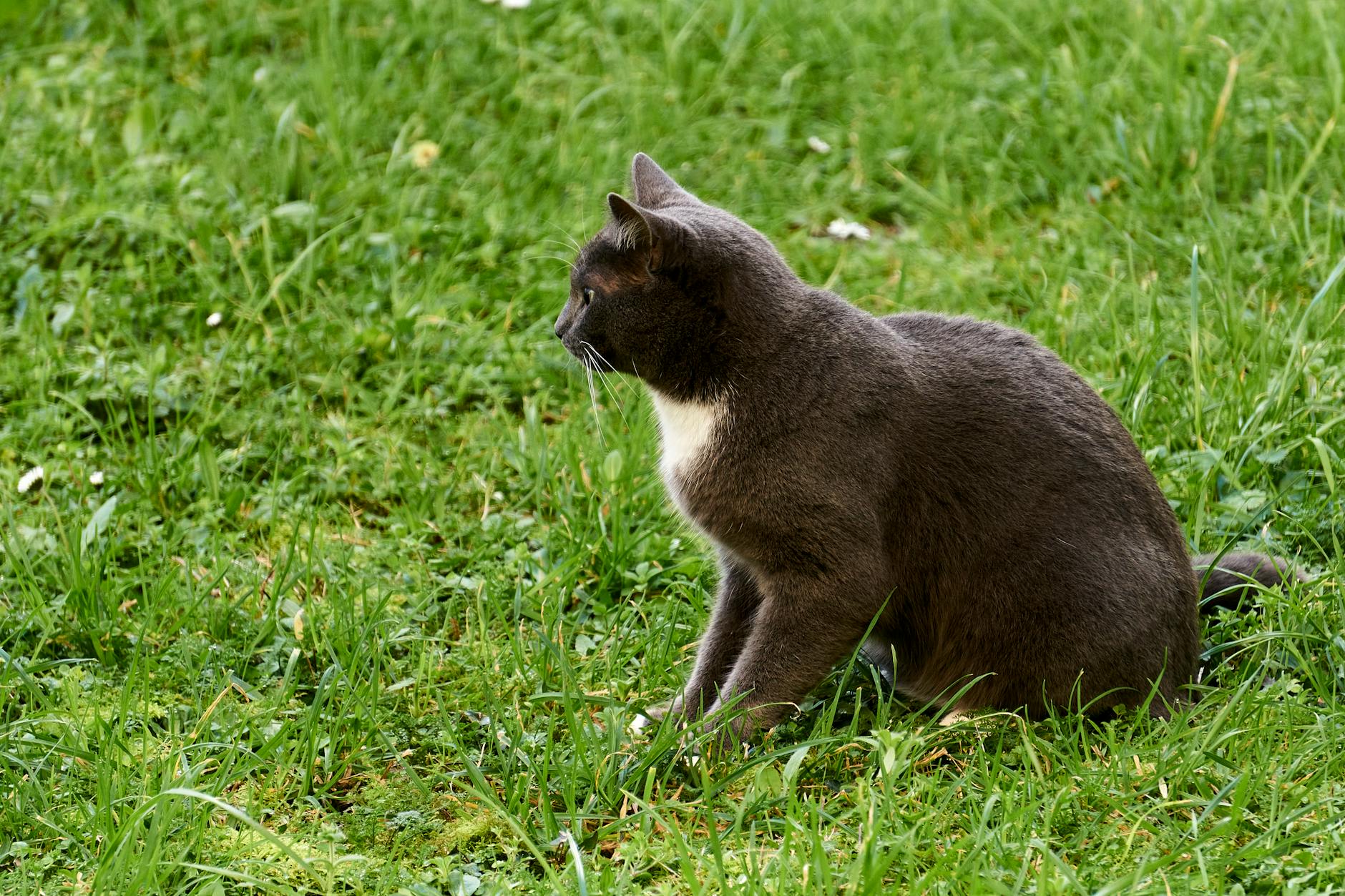Losing a pet is more than just saying goodbye to a furry friend; it's navigating a tumultuous sea of emotions. The grief from the loss of a pet, particularly a dog, can be overwhelming and profoundly felt. As a pet owner, the bond shared transcends mere companionship; it's a deep-rooted connection that enriches our lives in ways words cannot capture.
The sudden loss of a beloved pet can trigger a cascade of emotions, leading to feelings of sorrow, guilt, and even depression. Coping with such a loss requires nurturing oneself amidst the waves of grief that can feel all-consuming. It's essential to acknowledge these emotions and allow yourself the time and space to grieve authentically.
In the midst of despair, finding ways to honor your pet's memory and cope with the emptiness left behind becomes paramount. Understanding that grief is a personal journey, unique to each individual, can offer solace in knowing that you're not alone in navigating this challenging process. Remember, it's okay to seek support and comfort during this time of mourning.
Whether it's creating a memorial, seeking solace in cherished memories, or reaching out to a support group, there are avenues to help cope with the profound loss of a pet. The journey of healing after losing a pet is an emotional rollercoaster, but with self-compassion and time, it's possible to find solace and peace amidst the storm.
Understanding Grief from the Loss of a Pet
Losing a beloved pet can be a deeply emotional experience, evoking a sense of grief that is sometimes challenging to cope with. Our pets often become cherished members of our families, offering unconditional love, companionship, and a unique bond that is truly special.
Bond Between Humans and Pets
The bond between humans and their pets is a remarkable connection built on trust, love, and companionship. Pets become our loyal friends, providing comfort, joy, and unwavering support. This bond goes beyond words and is characterized by an unspoken understanding that brings immense fulfillment to our lives.
 Photo by Jacob Sierra
Photo by Jacob Sierra
Types of Grief Experienced
When a pet passes away, individuals may undergo different types of grief. Anticipatory grief is often felt when a pet is ill or aging, preparing us for the eventual loss. Disenfranchised grief may arise due to societal perceptions that diminish the significance of pet loss, causing individuals to feel unsupported in their grieving process.
The loss of a pet can trigger a range of emotions, from sadness and loneliness to guilt and despair. It's essential to recognize and validate these feelings as a natural part of the grieving journey.
For further information on coping with pet loss and understanding the grieving process, consider exploring resources like Help Guide's Article about Coping with Losing a Pet.
Coping Strategies for Dealing with Grief
Losing a beloved pet can feel like losing a member of the family, and coping with the grief that follows can be incredibly challenging. It's essential to allow yourself the time and space to process your emotions and find healthy ways to navigate through this difficult period. Here are some coping strategies to help you deal with the overwhelming emotions of grief:
Allowing Yourself to Grieve
It's crucial to acknowledge and validate your feelings of sadness, heartache, and loss. Give yourself permission to grieve the passing of your pet. Remember, it is okay to feel a range of emotions during this time, and it's essential to accept and express them in a way that feels right for you.
Seeking Support from Loved Ones
During times of grief, reaching out to family and friends for support can provide comfort and solace. Surround yourself with loved ones who understand the depth of your bond with your pet and can offer a listening ear or a shoulder to lean on. Talking about your feelings and sharing memories can be therapeutic and healing.
Professional Help and Resources
If you find yourself overwhelmed by grief and struggling to cope, consider seeking professional help. Counseling or therapy can provide you with tools to navigate your emotions and process your loss effectively. Additionally, organizations like SAMHSA's National Helpline offer valuable resources and support for individuals experiencing grief and loss.
Remember, healing from the loss of a pet takes time, and everyone copes with grief differently. Be patient and compassionate with yourself as you navigate this challenging journey of mourning the loss of your beloved companion. Allow yourself to grieve, seek support from loved ones, and don't hesitate to reach out for professional help if needed.
 Photo by hermaion
Photo by hermaion
Dealing with Depression After Losing a Pet
Losing a cherished pet can trigger intense emotions, including profound sadness and even depression. As someone who has gone through the grief of losing a pet, I understand the overwhelming weight it can bring. It's crucial to recognize the signs of depression and implement coping strategies to navigate this challenging period.
Recognizing Signs of Depression
When grappling with grief from the loss of a pet, it's essential to be aware of the signs that may indicate depression setting in. Symptoms such as lingering feelings of sadness, a pervasive loss of interest in activities once enjoyed, disruptions in sleeping patterns, or changes in appetite could signify the onset of depression. Acknowledging these signs is the first step toward seeking support and healing.
Engaging in Self-Care Practices
Taking care of yourself during this trying time is paramount. Engaging in self-care practices can help ease the burden of grief and depression. Simple activities like going for a walk, spending time in nature, or immersing yourself in hobbies you love can uplift your spirits and promote emotional well-being. Exercise, even in small doses, has been shown to release endorphins that can boost your mood and provide a sense of relief.
Connecting with Support Groups
One of the most effective ways to cope with pet loss-induced depression is by connecting with others who share similar experiences. Consider joining pet loss support groups or online communities where you can express your feelings openly and find solace in the companionship of those who understand your pain. Sharing stories, offering and receiving support, and knowing you're not alone in your grief can be immensely comforting.
Losing a beloved pet is undoubtedly a heart-wrenching experience, and navigating the accompanying emotions like depression can be daunting. By recognizing the signs of depression, prioritizing self-care, and seeking support from understanding communities, you can gradually find solace and healing through this challenging journey of grief.
 Photo by Andrea Piacquadio
Photo by Andrea Piacquadio
Honoring the Memory of Your Beloved Pet
Losing a pet can feel like losing a piece of your heart, and finding ways to honor their memory can be a crucial part of the healing process. Creating a memorial allows you to celebrate the special bond you shared with your furry friend and keep their spirit alive in your heart.
Creating a Memorial
One meaningful way to honor your beloved pet is by creating a memorial that commemorates the joy they brought into your life. Consider putting together a photo album filled with your favorite memories together, planting a tree or flower in their favorite spot, or making a donation in their name to a local animal charity. These acts can serve as beautiful reminders of the love you shared and the impact they had on your life.
Sharing Stories and Memories
Sharing stories and memories of your pet with family and friends can be a comforting way to cherish the moments you shared together. Whether it's reminiscing about their quirky habits or recalling heartwarming adventures, sharing these stories can help keep the memory of your pet alive and create a sense of connection with others who also loved them.
Fostering Another Connection
While the pain of losing a pet may feel overwhelming, opening your heart to another furry friend can be a healing experience. Consider fostering another pet or volunteering at an animal shelter to honor the memory of your beloved pet by helping other animals in need. Building a new connection can bring joy into your life while paying tribute to the love and companionship your pet provided.
As you navigate through the grieving process, remember that honoring your pet's memory in meaningful ways can bring comfort and solace during this difficult time. Cherish the special bond you shared and find solace in knowing that your pet's legacy will continue to live on in your heart and in the lives of others.
Conclusion
Grief from the loss of a pet is a deeply emotional experience that can leave us feeling overwhelmed and isolated. It is essential to remember that it is okay to grieve and seek support during this challenging time. Remember, self-care is crucial in the healing process - take time to reflect, engage in activities that bring you comfort, and be kind to yourself as you navigate through this period of mourning.
Seeking support from friends, family, or even professional counselors can provide a safe space to express your feelings and receive comfort. Remember, you are not alone in this journey. Your beloved pet may have passed on, but the love and memories you shared will forever remain in your heart.
As you navigate through the waves of grief and possibly depression after the loss of your pet, remember that healing is a gradual process. Allow yourself to feel all the emotions that come with this loss, and know that it is okay to seek help when needed. Take each day one step at a time, and in time, may you find peace and solace in the cherished memories of your furry companion.

